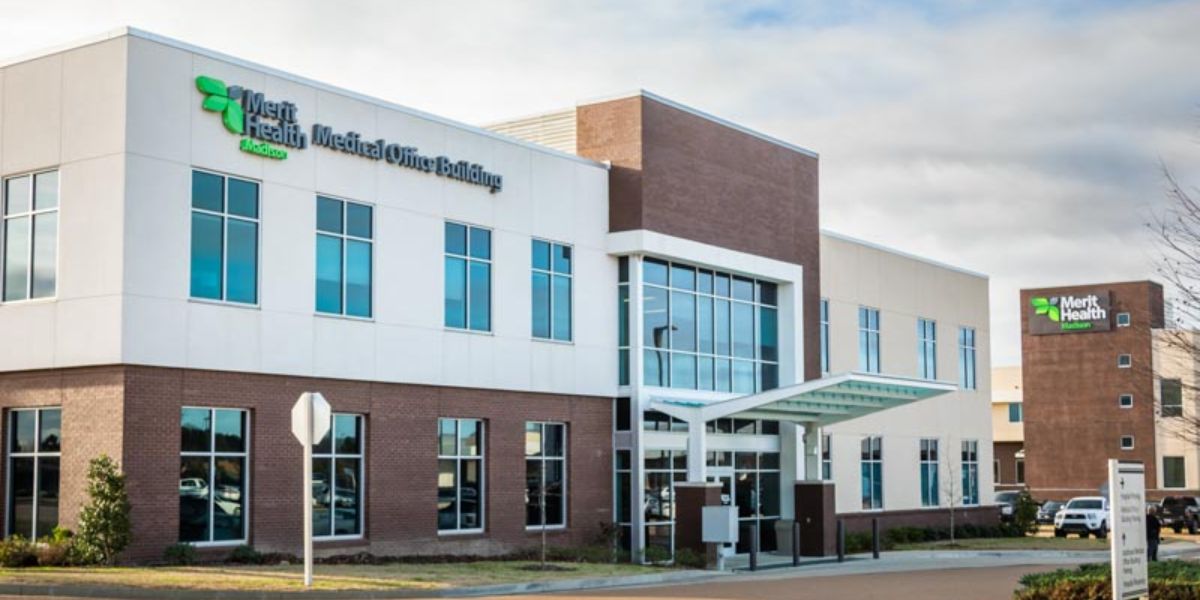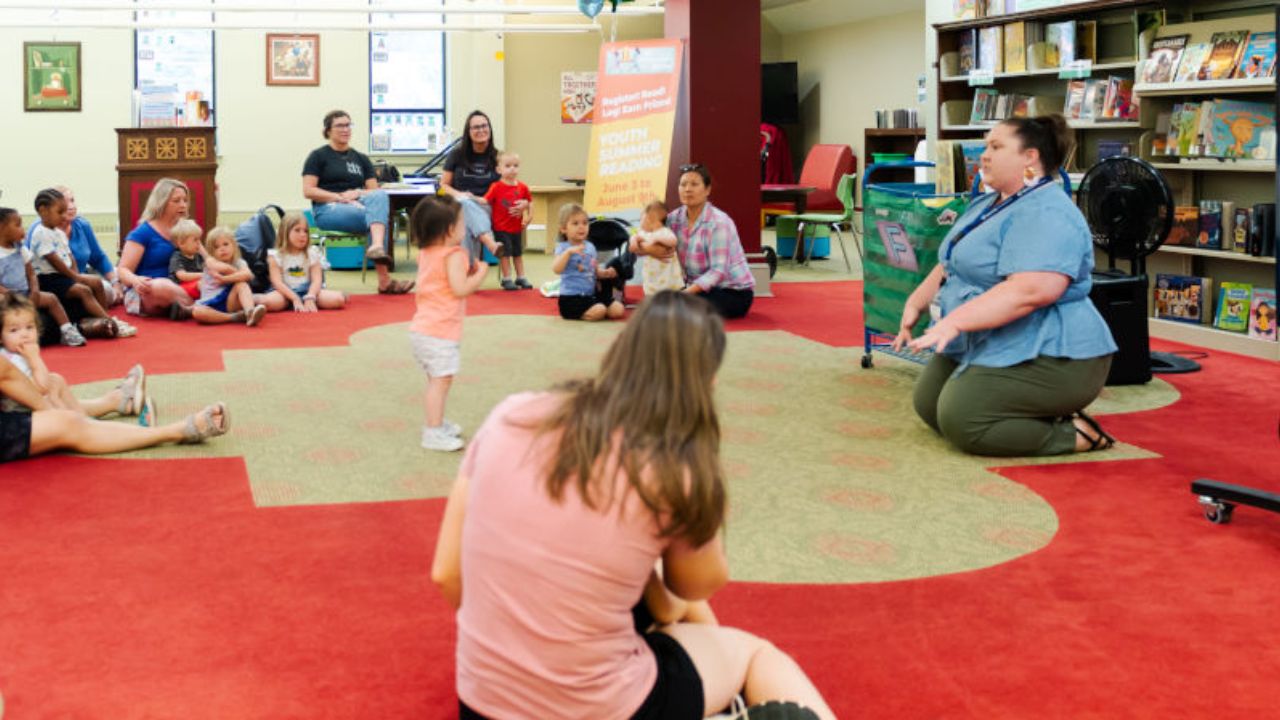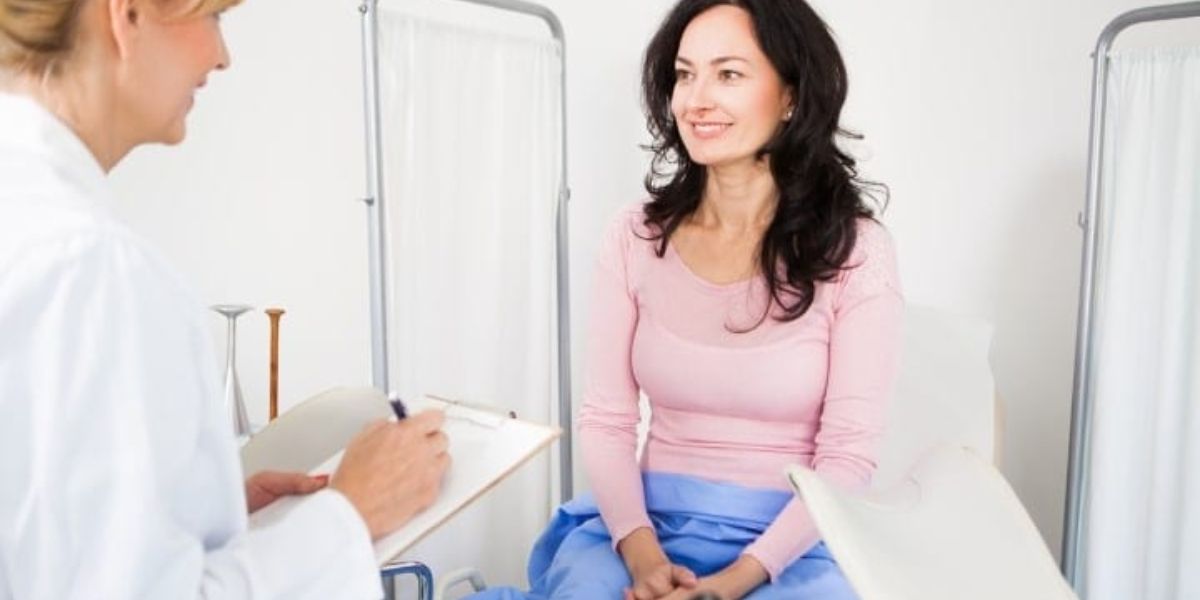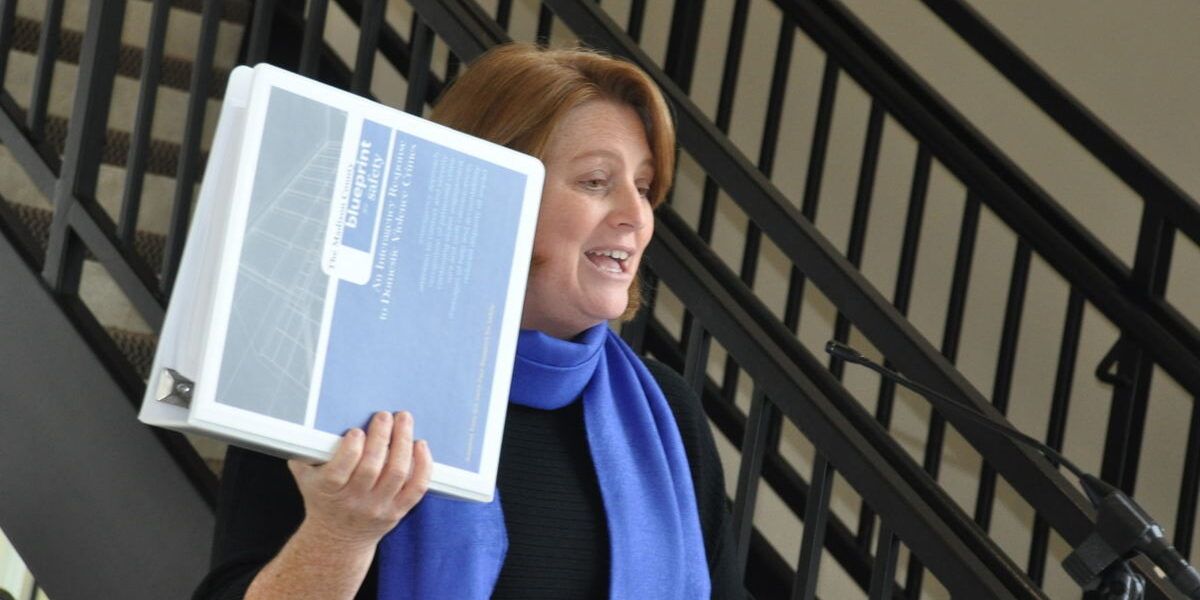Integrated care is transforming the way communities approach addiction recovery. In Madison County, this coordinated model combines primary care, behavioral health, and addiction treatment services to provide patients with holistic, long-term recovery support. Rather than treating addiction as an isolated issue, integrated care focuses on the whole person, addressing both physical and mental health challenges simultaneously.
Understanding Integrated Care in Addiction Recovery
Integrated care refers to a collaborative approach where healthcare providers—such as nurse practitioners, physicians, counselors, and social workers—work together to design unified treatment plans. For people in Madison County struggling with substance use disorders, this model ensures they receive not only medication-assisted treatment (MAT) but also counseling, chronic disease management, and ongoing behavioral support under one coordinated system.
Table of Contents
By connecting multiple services within a single care framework, patients experience fewer treatment gaps, improved communication among providers, and a better chance of sustained recovery. It reduces the need to navigate multiple systems and helps individuals build trust with a consistent care team.
Why Madison County Needs Integrated Addiction Recovery
Madison County, like many regions in Indiana, faces ongoing challenges related to opioid misuse, alcohol dependency, and co-occurring mental health disorders. Many individuals seeking recovery often have untreated conditions such as anxiety, depression, or chronic pain. Without addressing these factors, the likelihood of relapse increases.
Integrated care bridges these gaps by:
- Providing coordinated treatment that addresses both addiction and underlying mental health conditions.
- Improving accessibility through shared records, joint assessments, and a single point of contact.
- Enhancing continuity of care with regular follow-ups across departments.
- Reducing stigma by treating addiction as a healthcare condition rather than a personal failure.
This approach has proven especially valuable in Madison County clinics, where partnerships between primary care providers and behavioral health specialists are expanding under local health initiatives.
The Role of Primary Care in Recovery
Primary care plays a crucial role in supporting addiction recovery. Family nurse practitioners and physicians often serve as the first point of contact for individuals struggling with substance use. They can identify early warning signs, prescribe medication-assisted treatments like buprenorphine or naltrexone, and coordinate care with behavioral health counselors.
Through regular health visits, primary care providers monitor both the physical effects of recovery and the mental health progress of patients. In Madison County, integrating primary care with recovery services has helped identify co-existing conditions—such as hepatitis C, hypertension, or diabetes—that may complicate treatment if left unmanaged.
Behavioral Health as a Key Recovery Partner
Behavioral health professionals form the backbone of integrated care by providing therapy, emotional support, and behavioral management tools. In Madison County, licensed clinical social workers and therapists work closely with medical staff to build comprehensive care plans tailored to each patient’s needs.
Through trauma-informed counseling, family therapy, and group support, individuals learn coping skills that strengthen long-term recovery. Addressing trauma, stress, and family dynamics within therapy helps prevent relapse and promotes healthier relationships at home and in the community.
Success Stories and Local Impact
Recent initiatives in Madison County clinics have shown how integrated care leads to measurable results. By embedding addiction services into primary care, one community health program reported:
- A 30% increase in treatment retention rates.
- A significant reduction in emergency room visits for substance-related issues.
- Greater patient satisfaction, particularly due to the continuity of care and consistent follow-ups.
Patients have expressed relief at receiving medical, behavioral, and recovery support all in one place, reducing the confusion of navigating multiple facilities and treatment plans.
Challenges to Expanding Integrated Care
While progress continues, expanding integrated care across Madison County faces challenges such as limited funding, provider shortages, and data-sharing barriers between healthcare systems. Clinics require ongoing training for staff to manage both behavioral and medical components effectively.
However, local collaborations between public health agencies, nonprofit organizations, and healthcare systems are working to close these gaps. These partnerships aim to ensure that every individual seeking help receives a coordinated and compassionate care experience.
The Future of Integrated Recovery in Madison County
The future of addiction recovery in Madison County lies in continued collaboration. As technology advances, electronic health records, telehealth counseling, and data-driven care coordination will make integrated treatment more efficient and accessible. The ultimate goal is to create a seamless recovery ecosystem—one where no patient falls through the cracks, and every person has access to continuous, whole-person care.
Integrated care is not just a medical framework; it’s a community commitment to recovery, compassion, and reintegration. By blending primary care, behavioral health, and social support, Madison County is setting an example of how local systems can evolve to meet complex human needs.
Call to Action
If you or someone you know in Madison County is seeking addiction recovery support, reach out to local community health clinics that provide integrated care programs. Working together with medical and behavioral specialists can make recovery more effective, personal, and lasting.
Visit mcchc.org to learn more about local resources, recovery services, and ways to get involved in community wellness programs.












